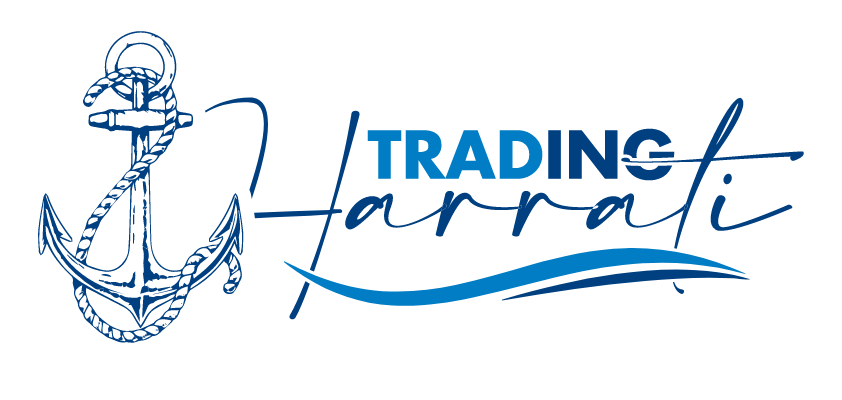The Sustainability of Moroccan Fisheries
Morocco has a long history of fishing and seafood production, with the industry providing employment and economic opportunities for thousands of people. However, overfishing and other unsustainable practices have taken their toll on the health of fish populations and ocean ecosystems. Today, many stakeholders are working to address these challenges and ensure the long-term viability of Moroccan fisheries..
One important strategy for achieving sustainability is the use of selective fishing gear that minimizes bycatch of non-target species. For example, some fishermen use hooks and lines or traps to catch specific species, rather than large nets that can capture a wide range of marine life. Seasonal fishing restrictions and other measures to protect fish during breeding and spawning seasons are also being implemented.
Technology is also playing a role in promoting sustainability in Moroccan fisheries. GPS tracking and sonar equipment can help fishermen locate fish more accurately, reducing the amount of time and fuel spent searching for them. Some processing and exporting companies are investing in renewable energy sources and other sustainability initiatives to minimize their environmental impact.
Finally, reducing waste and promoting responsible consumption can also help support the long-term health of Moroccan fisheries. Companies can use more sustainable packaging materials and promote the use of eco-friendly practices throughout their supply chain. Consumers can choose to buy seafood from sustainable sources, reduce food waste, and learn more about the impact of their choices on the environment.
By taking these and other steps, stakeholders in Moroccan fisheries are working to build a more sustainable and resilient industry that can continue to provide benefits for generations to come.

